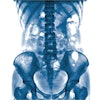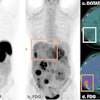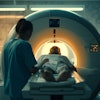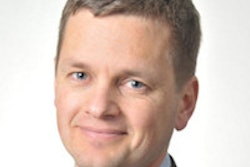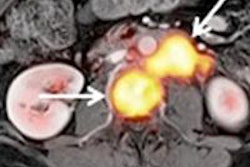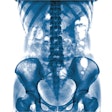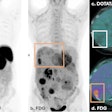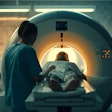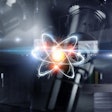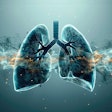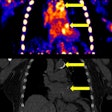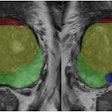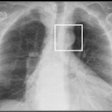Dear AuntMinnieEurope Member,
In Germany, nearly half of cardiac CT examinations are reported without any input from radiologists, and the CT result has a profound impact on patient management in many cases.
These are two key findings from the first five years of the German Cardiac CT Registry. The latest results were unveiled last week by Dr. Stephan Achenbach, vice president of the European Society of Cardiology and a leading global expert on cardiac imaging. Get the full details here.
Over the last decade or more, predictions about the rapid demise of printed publications appear to have been exaggerated. In his latest column, the Maverinck explains why he believes print still has a future, using his own MRI textbook as an example. Go to our MRI Community, or click here.
The long-term implications of the disaster at the Fukushima Daiichi nuclear power plant are only just becoming clear. For instance, Japanese radiologists have found dark spots on computed radiography images. Visit the Digital X-Ray Community, or click here.
PET/MRI with a first postcontrast subtracted, or FAST, imaging protocol could be a viable alternative for the diagnostic workup of patients with gynecological cancer, according to a group from Essen, Germany. They used a whole-body diffusion-weighted echo-planar imaging (EPI) sequence, a half-Fourier acquisition single-shot turbo spin-echo (HASTE) sequence, and a postcontrast 3D volumetric interpolated breath-hold examination (VIBE) sequence. To learn more, click here.
The well-known limitations of ultrasound and mammography for the detection and monitoring of breast cancer, particularly high false-positive rates and exposure to ionizing radiation, have boosted research into alternatives such as photoacoustic imaging. Dutch researchers are convinced this technique has a bright future. Go to our Women's Imaging Community, or click here.
